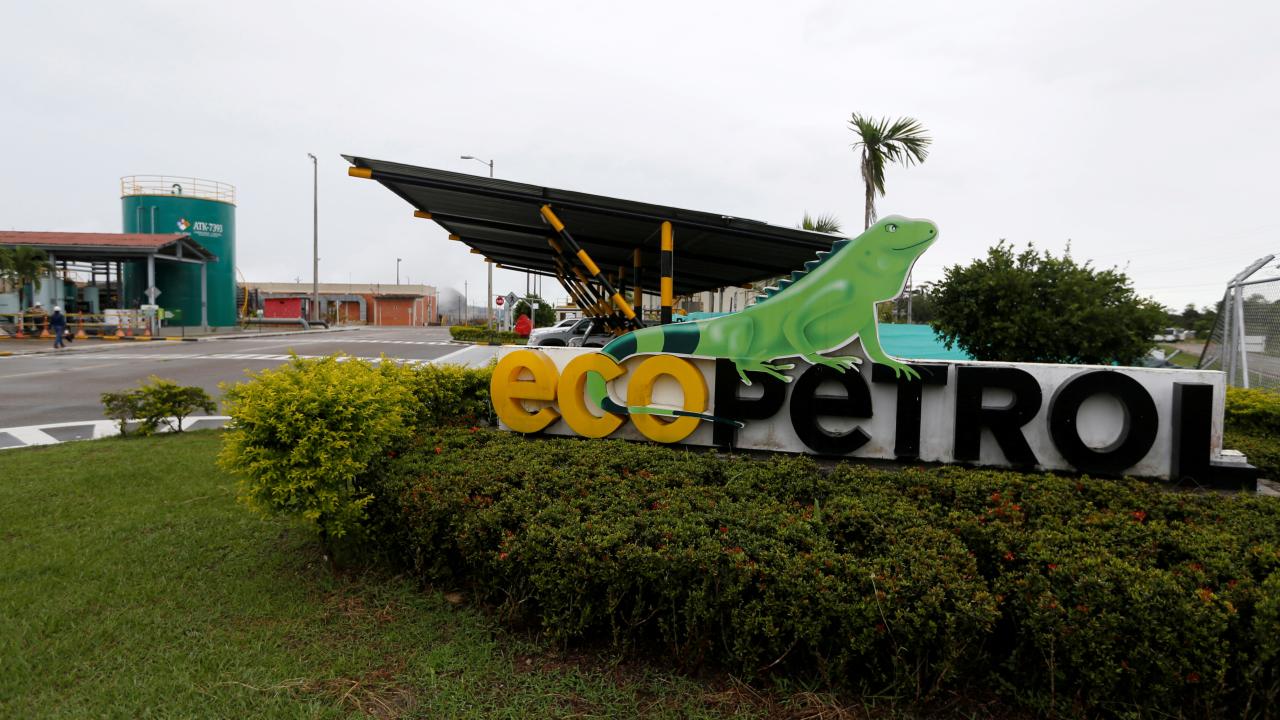
The risk rating agency's decision is due to its concerns about the company's financial strategy and the increase in debt.
Recently, the risk rating agency Moody's reported the changes it made to Ecopetrol's credit rating. The firm evaluated the situation of Colombia's largest company and lowered its base rating from ba3 to b1.
What does this mean?
The nature of Moody's is (along with others such as Fitch Ratings and Standard & Poor's) to be a risk rating agency, that is, to evaluate the possibility that an organization (which in this case is Ecopetrol) will not pay its financial obligations.
To understand it a little better, this is what the risk centers in Colombia (such as Datacrédito and Transunion) do, keeping the proportions, with natural persons. They evaluate their behaviors and issue ratings (scores) to lenders to report whether, as they say colloquially, the person is good or bad paid.
The fact that Moody's has lowered its basic rating for Ecopetrol means that it is riskier to lend money or invest in this company. This, in turn, means you are less likely to receive loans or investments, and if you do receive them, they will be at a higher interest rate (to compensate for the risk).
The lowest risk of non-payment is known as investment grade, which are the highest ratings provided by a risk rating agency and are generally associated with the good financial status of an organization. These range from Aaa to Baa3 ratings.
Below these are the degrees of speculation, which is where Ecopetrol was and where it continues to be (only at a lower level), since they range from Ba1 to B3. There are six seats down and the state company went from third to fourth.
In short, although the risk center lowered the rating, it was not so considerable, and we would have to wait for the new ratings from the others (Fitch and Ratings and Standard & Poor's) to have a clearer picture on the matter. .
The long-term rating and senior unsecured ratings for Ecopetrol benefited as it rose from Ba1 (the highest in the speculation grade) to Baa3 (the lowest in the investment grade), that is, it rose one notch.
“The downgrade of Ecopetrol's BCA (a measure of the company's intrinsic credit risk without supporting considerations) to b1 from ba3 and the downgrade of the ratings to Ba1 from Baa3 reflect a change in the company's financial policy, as Leverage has increased concurrently with ongoing dividend distributions and the upcoming implementation of an ambitious capital investment strategy spanning the next three years, which could erode the company's liquidity position or lead to further indebtedness. The downgrade also reflects the negative free cash flow recorded in 2023 and Moody's expectations that Ecopetrol will continue to record negative free cash flows by 2025," Moody's justified its rating.
Regarding this, he also pointed out that Ecopetrol has increased debt levels to finance its expansion, such as the acquisition of Interconnection Eléctrica SAESP. However, it recognizes that the capital investments have not resulted in a similar increase in the company's EBITDA.
“Debt increased at a compound annual growth rate (CAGR) of 22% over the period 2019-2023, while EBITDA only grew at a CAGR of 11%. Rising debt has also led to lower interest coverage. "Given that Moody's expects Ecopetrol to continue financing its ambitious capital expenditure plan through debt and due to the high interest rate environment, interest coverage will increase," he added.
This reduction was also justified by the fact that Ecopetrol has been distributing a higher proportion of dividends compared to its current policy (40%-60%) during the last three years, while debt levels have increased, which demonstrates a more aggressive financial policy.
“Cash outflows have been partially offset by transfers from the Government of Colombia (Baa2 stable) to repay fuel subsidies. "However, Moody's recognizes that rather than reducing debt or strengthening the company's liquidity position, the available cash has been used for dividends," he concluded.









